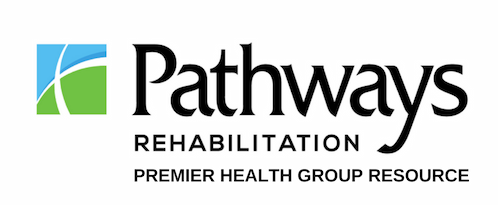The stages of alcoholism and recovery. Alcoholism is the third most preventable cause of mortality in the United States, yet most people simply don’t get the support they need to deal with alcohol addiction and its effects. Most people don’t recognize when appropriate levels of drinking slip into dangerous patterns which can easily signal addiction.
There are seven stages of substance abuse. In each stage, an individual or couple is faced with a significant change in their life. For example, in Stage One, an individual may experience symptoms such as insomnia and a craving for alcohol. He or she may become less tolerant to alcohol and lose control and have an episode of alcohol withdrawal.
Stage Two begins when someone has developed a tolerance to alcohol and becomes addicted. At this point, a person is dependent upon alcohol and feels no remorse about having consumed alcohol. It’s common to have one drink and get addicted the next day. This person begins to think about alcohol and what it can do for him or her in the future.
Stage Three begins when alcohol consumption becomes routine. A person begins to go to his or her “normal” drinking times. At this point, the person can easily maintain a daily drinking schedule and does not have any concern for how much alcohol he or she is consuming or how much time he or she can spend in a car after drinking.
Stage Four is a period of abstinence, during which time a person will try to abstain from alcohol. The person may not know what to do in the interim. He or she may feel uncomfortable, lonely, depressed.
Stage Five is when an individual begins to use alcohol once again. He or she may experience feelings of guilt, shame, guilt over being “unfaithful” or feeling that the alcohol was the only thing keeping the relationship alive. This stage often leads to divorce or the breakup of the relationship.
The final stages are the most challenging and are characterized by a continued problem with alcohol and the individual who have developed a pattern. The person may have continued to drink after he or she had a relapse, without having another one. or they might have continued to use alcohol even after developing the signs of addiction. They can be difficult to overcome.
Alcohol addiction is a condition that requires a serious commitment. The person suffering from alcohol addiction must understand that there is no “cure” to the condition other than recovery through self-treatment and self-monitoring. It’s important to seek professional help.
There is no “one size fits all” solution when it comes to alcohol treatment. Treatments vary according to the severity of the condition, the length of time the individual has been drinking alcohol and the frequency of drinking. It’s important to seek the advice of your physician if you believe that you may be suffering from alcoholism. You should also make an appointment with a treatment facility in your area to find out more about alcoholism treatment options and how to make the most of your treatment.
Alcohol treatment centers offer both inpatient and outpatient programs. These facilities are designed for the treatment of alcoholics with no family history of alcoholism. They are fully equipped to meet the needs of an alcoholic individual.
There are several treatment centers where you can receive a combination of treatments for alcohol abuse and alcohol dependence. Some of these treatment centers focus on residential treatment. Others focus on outpatient treatment of alcoholics.
Residential treatment is often the best solution for those with alcohol problems. This treatment approach is especially effective when you have a long-term problem with alcohol. It can be used for those people who have been alcoholics for years and need treatment for the effects of alcohol before making the move into inpatient treatment. Inpatient treatment is often used when a person has a mild alcoholism condition.
Residential treatment centers are set up to care for the entire family. Family support is provided during the entire treatment process. This includes both the individual and the family members of the patient. If you or a loved one has an alcohol dependency, please contact a treatment center today.
